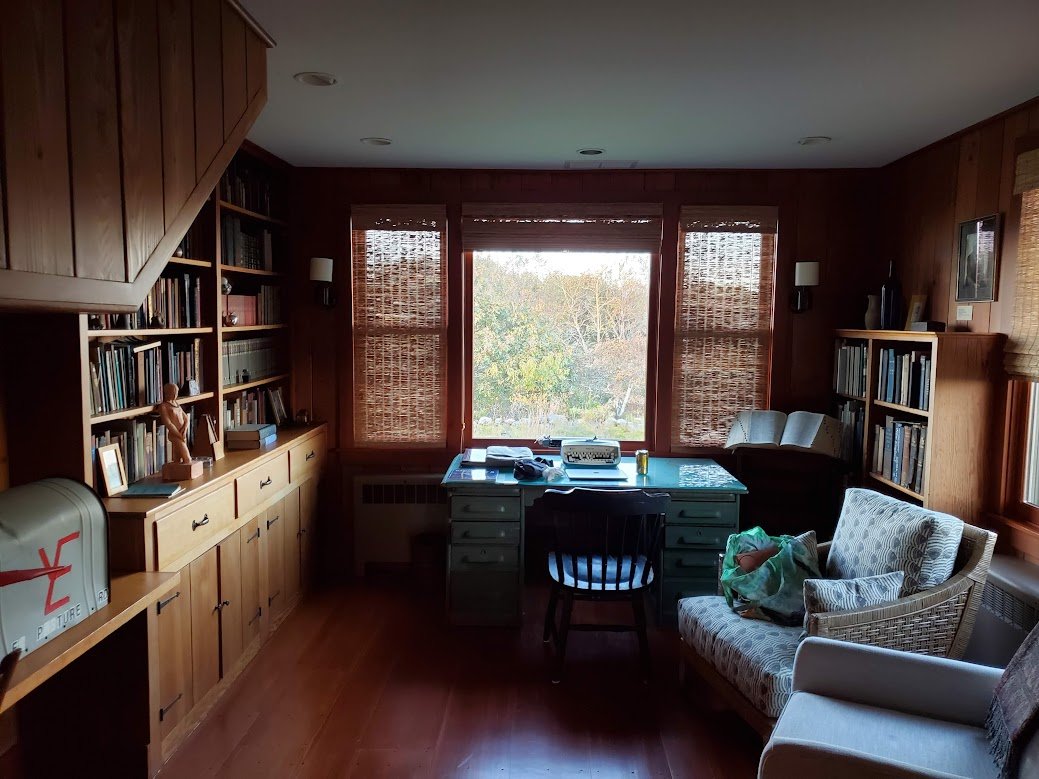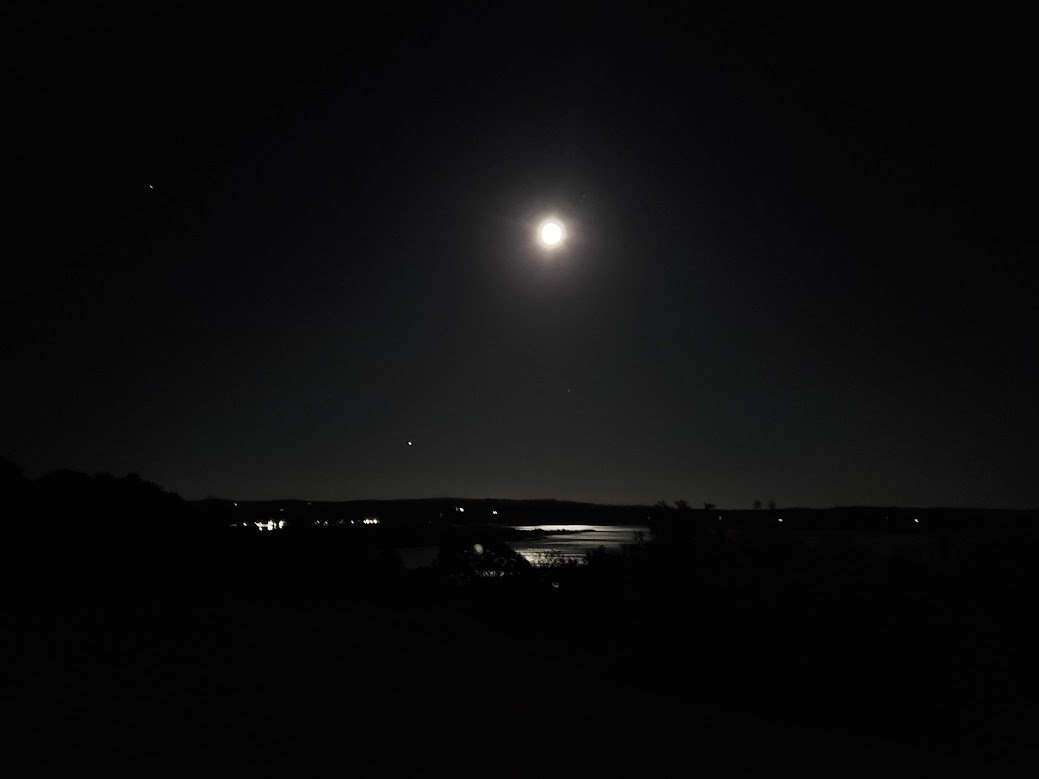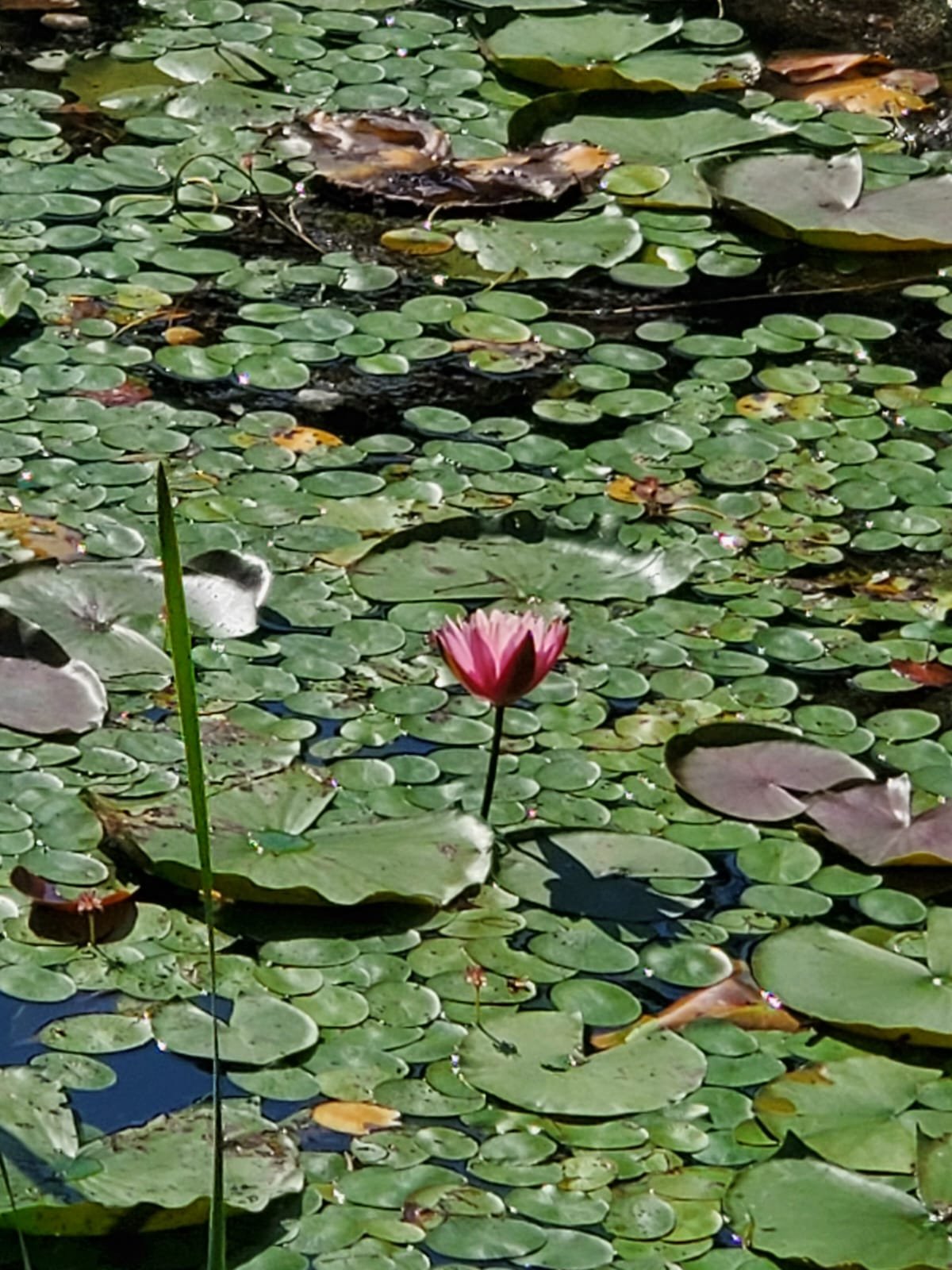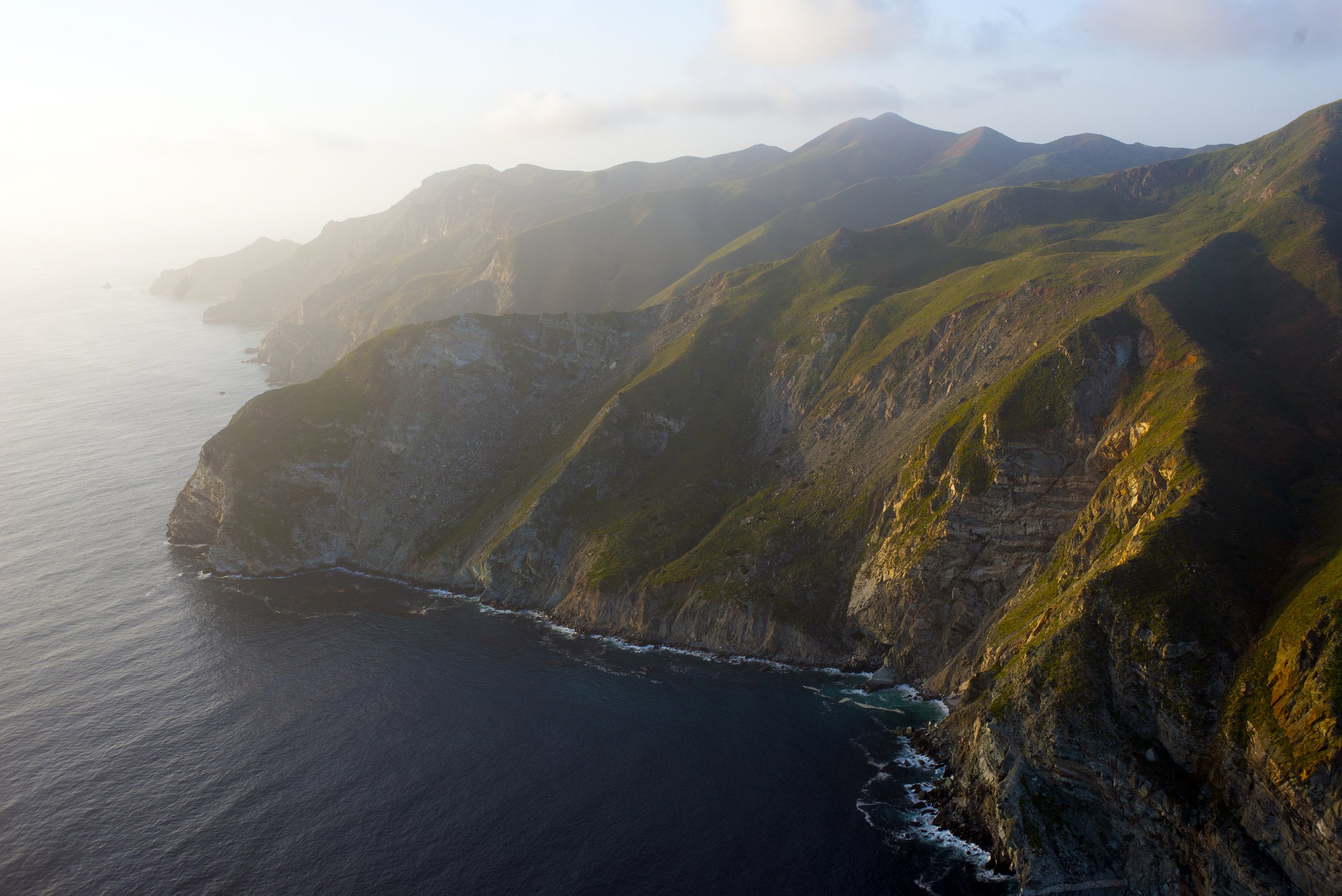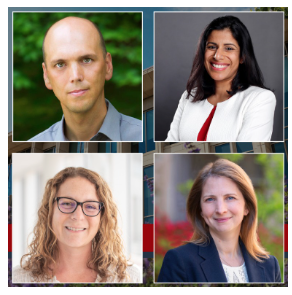The latest project from MDWST Fable, Alternate Dimension Mill will explore more positive ways to imagine our collective future via talks and performances from other dimensions.
Join us for a playful and speculative excursion into alternate dimensions organized around five sets of guests reflecting on topics essential to our lives in this dimension: climate (IU scholar Shahzeen Attari), war (engineer Sami Koutsares), art (artist Jon Vickers, poet Terry Sloan, and musician Jason Fickel), music (saxophonist and bandleader Peyton Womock), and the spirit of the city (local politics expert Steve Volan), what makes our town our town.
These guests will appear on April 19, 2025 at the Monroe County Public Library Auditorium at 3:30 PM. Admission is free, though audience members should be aware that a short questionnaire may be required for entry. Portal visualizations will be provided by NYC video artist Daniel McKleinfeld.
“[T]he main goal of the Alternate Dimension Mill is to suggest that nothing has to be the way it is,” notes Rice. “We could have a shared future we love, no matter what dimension we find ourselves in. Dystopia isn’t the only option,” adds Newyear.







